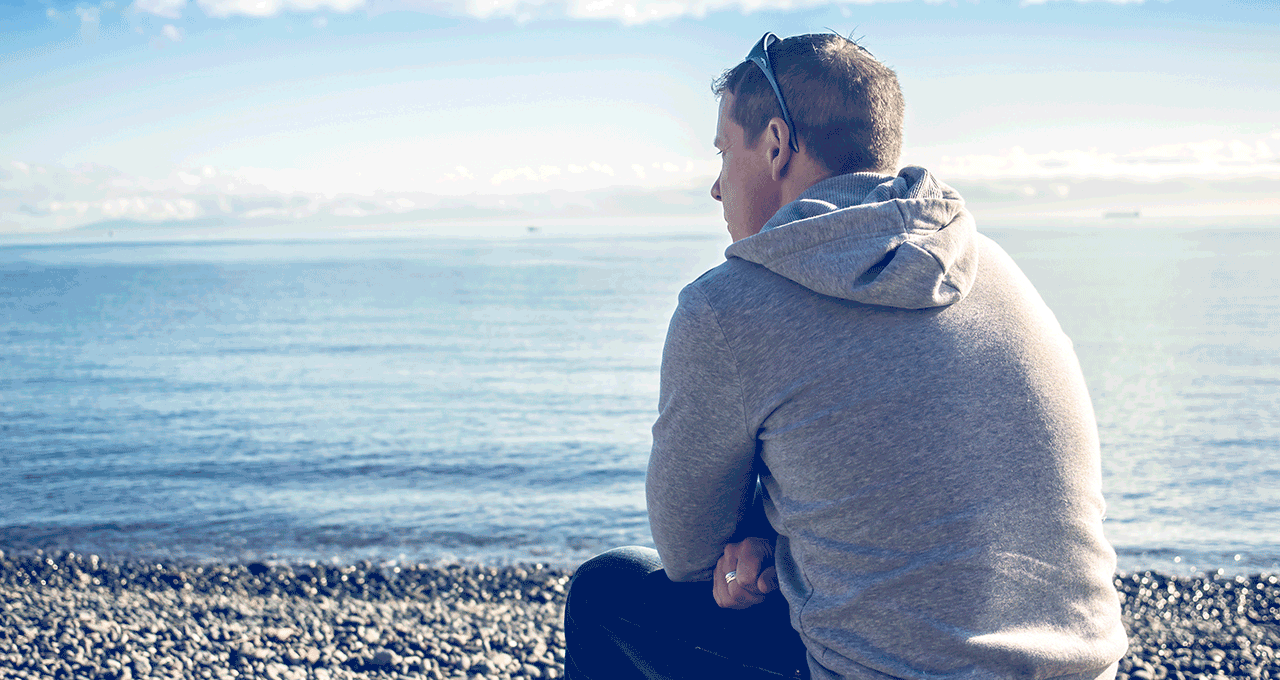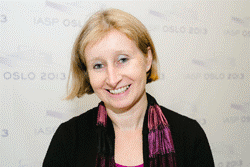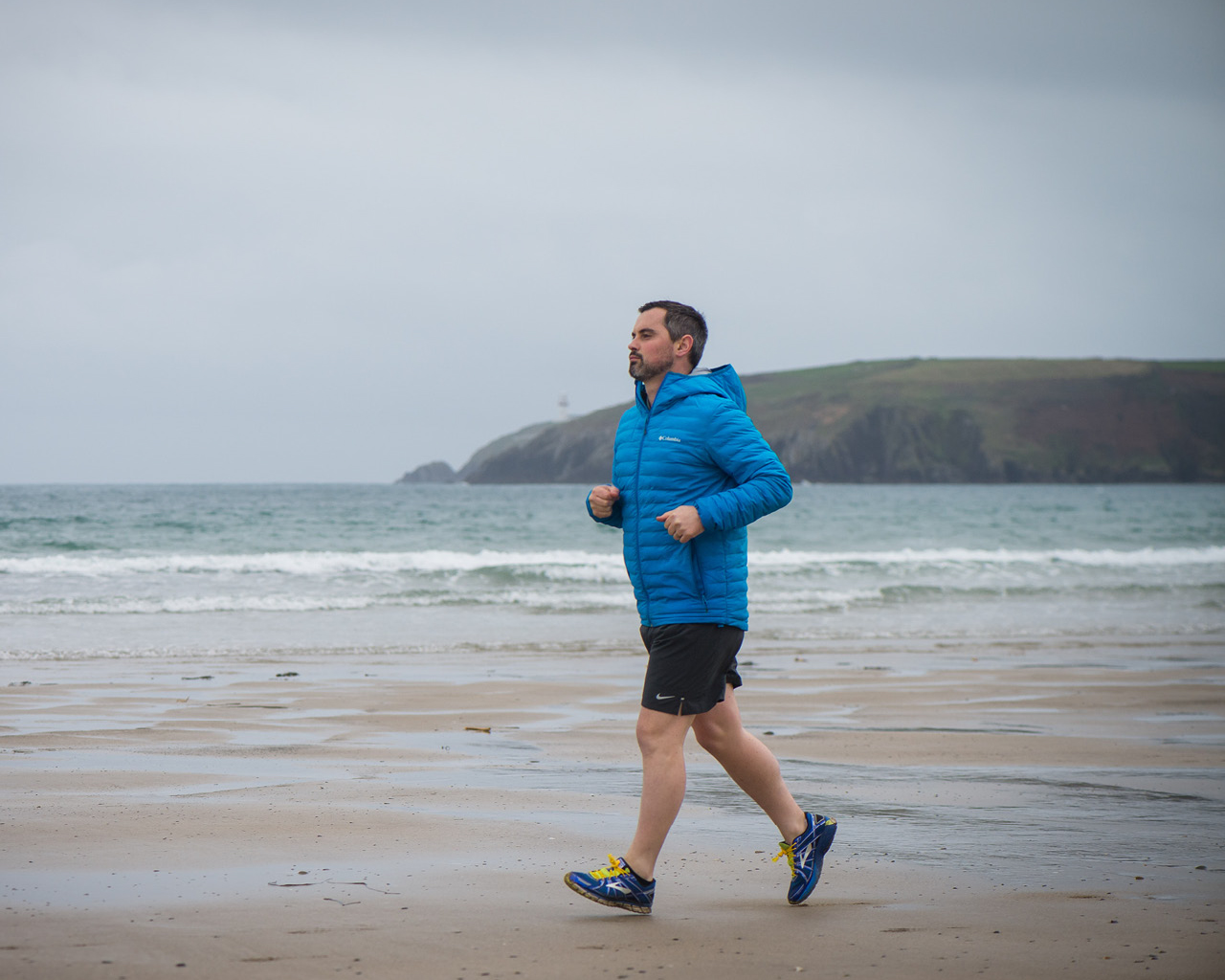Guidance for parents, carers and others working with young people on signs of self harm
The Royal College of Psychiatrists in the UK have provided evidence informed guidance on self-harm in young people for parents and carers and others working with young people.
Why do young people harm themselves?
Unfortunately, some young people use self-harm as a way of trying to deal with very difficult feelings that build up inside. This is clearly very serious and can be life threatening. People say different things about why they do it. Some say that they have been feeling desperate about a problem and don't know where to turn for help. They feel trapped and helpless. Self-injury helps them to feel more in control.
Some people talk of feelings of anger or tension that get bottled up inside, until they feel like exploding. Self-injury helps to relieve the tension that they feel. Feelings of guilt or shame may also become unbearable. Self-harm is way of punishing oneself.
Some people try to cope with very upsetting experiences, such as trauma or abuse, by convincing themselves that the upsetting event(s) never happened. These people sometimes feel 'numb' or 'dead'. They say that they feel detached from the world and their bodies, and that self-injury is a way of feeling more connected and alive.
A proportion of young people who self-harm do so because they feel so upset and overwhelmed that they wish to end their lives through suicide. At the time, many people just want their problems to disappear, and have no idea how to get help. They feel as if the only way out is to end their lives.
Guidance for parents:
- Notice when the young person seems upset, withdrawn or irritable. Self-injury is often kept secret but there may be clues, such as refusing to wear short sleeves or to take off clothing for sports.
- Encourage them to talk about their worries and take them seriously. Show them you care by listening, offer sympathy and understanding, and help them to solve any problems.
- Keep medicines locked away.
- Get help if family problems or arguments keep upsetting you or the young person.
As a parent it is hard to cope with a child/young person with self-harming behaviour or who attempts suicide. It is natural to feel angry, frightened or guilty. It may also be difficult to take it seriously or know what to do for the best. Try to keep calm and caring, even if you feel cross or frightened. This will help your child/young person’s understanding that you can manage their distress and they can come to you for help and support.
Healthtalkonline has provided a resource for parents and other family members about their experiences with young people who self-harm by seeing and hearing them share their personal stories on film. You can find out what people said about issues such as why young people self-harm, discovering that a young person is self-harming, how they helped their young person, living with self-harm, support and treatment, and what helped them cope.
Read more: http://www.healthtalk.org/peoples-experiences/mental-health/self-harm-parents-experiences/topics
Please download our document on “understanding suicide and self-harm” here. It covers the following 6 topics.
- Self- harm and suicide in young people
- Self-harm and suicide among people in their middle ages
- Contagion and clustering of suicide and self-harm
- Effectiveness of interventions for self-harm and suicide
- The impact of suicide bereavement on next of kin
- Guidance for parent carers and others working with young people





-(1).jpg)

